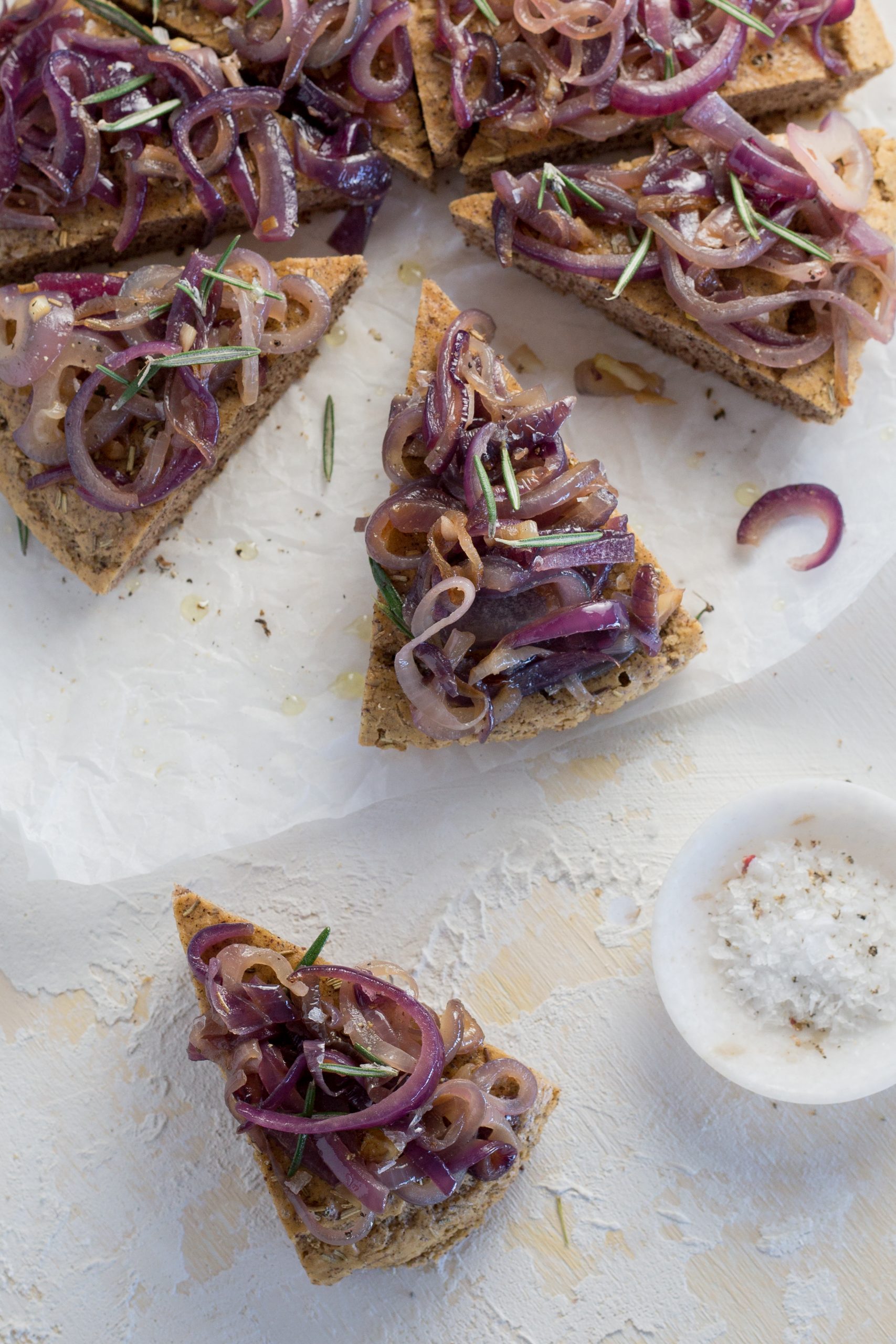Good‘s new gardening expert Zoe Carafice is ready and waiting to solve your dilemmas! Each question published on Zoe’s blog or in Good receives a fab prize from Tui Garden. This week: troubleshooting what went wrong in the veggie garden over winter.
Email your gardening questions to [email protected] and every question answered in Good or on Zoe’s blog will receive a fab prize from Tui Garden Products!
Q: This winter in the veggie garden has been a disaster. All I managed to produce was giant broccoli plants with weird heads. Could you please tell me what my soil may be lacking? –Tanya
A: First of all, a few weeks before you plant your summer vegetables, revive your soil with lots of good-quality compost, some sheep pellets and a sprinkling of lime.
It sounds like your garden could benefit from some simple crop rotation. This term might sound complicated but it’s really very simple – vegetables in the same family require the same nutrients from the soil and can suffer from the same diseases, therefore it’s best to change where they are planted in the garden. Some plants take a lot of nutrients from the soil while others, such as legumes, actually add nutrients (such as nitrogen) back into the soil.
The basic families are:
- Brassicas – broccoli and cabbage, etc
- Roots – carrots and beetroot, etc
- Legumes – peas and beans, etc
- Fruit and seeds – tomatoes, zucchini, corn, etc
Crop rotation is as simple as growing vegetables from the same family in a different part of your garden each year. Once you get into the habit of planting your garden this way, you will find it becomes second-nature and you will see an improvement in the quality of your soil and vegetables.
–Zoe Carafice

Tanya has won a bottle of Tui Seasol from Tui Garden Products! Seasol is a seaweed-based plant tonic that has been used by Australian and New Zealand commercial growers and home gardeners for over 30 years.
Seasol is made from seaweed that is sustainably sourced. The naturally occurring growth stimulants in Seasol promote strong root growth, reduce transplant shock, improve germination rates and increase flowering and fruiting capacity.
Seasol can be used in all gardening situations and at all times of the year when using a fertiliser may be inappropriate, for example during winter.
Meet Good’s new gardening expert

Zoe Carafice is a landscape designer and photographer. She won gold at the Ellerslie Flower Show in 2007 and has a keen interest in sustainable design and organic gardening.
Email your gardening questions to [email protected] and every question answered in Good or on Zoe’s blog will receive a fab prize from Tui Garden Products!
One question will be featured in each magazine and in each Good Fortnightly e-newsletter. Don’t receive our newsletter? Sign up to get it here!






